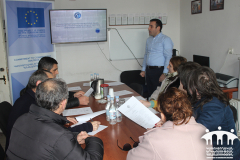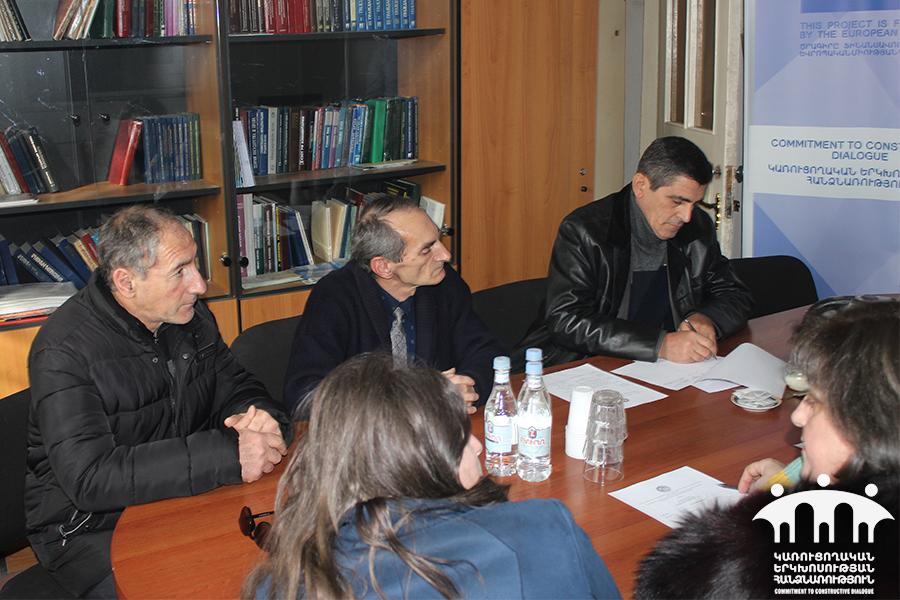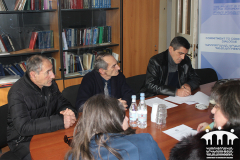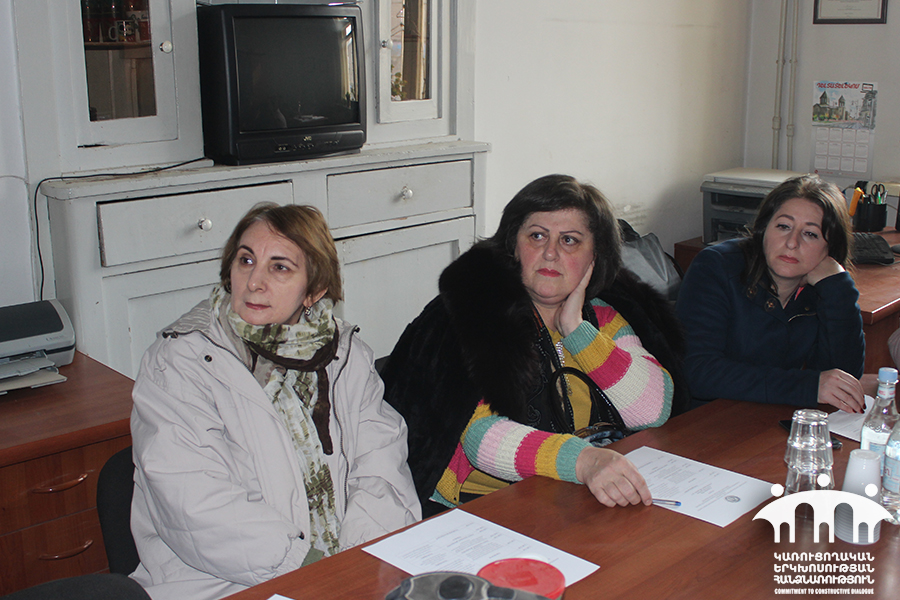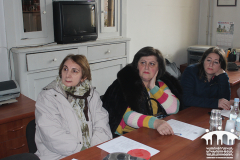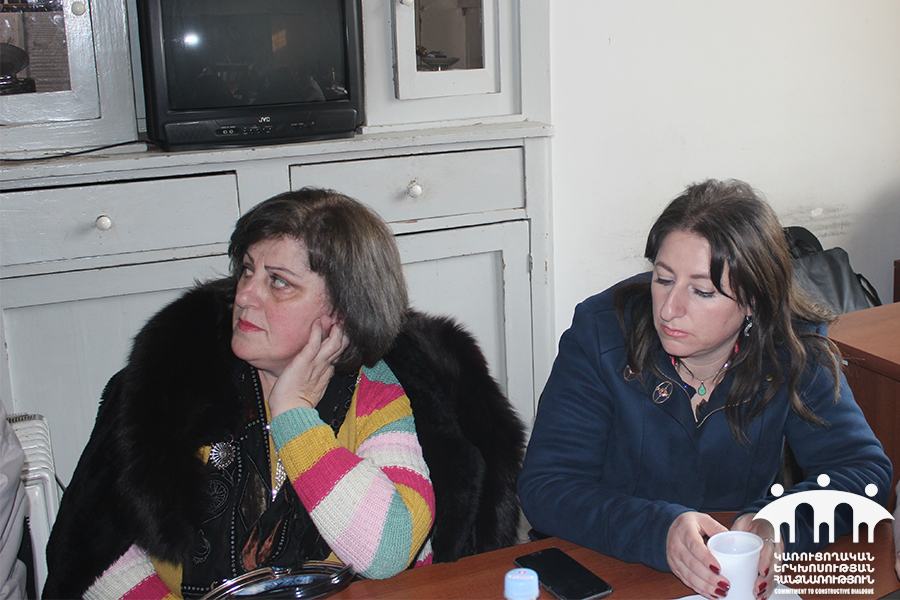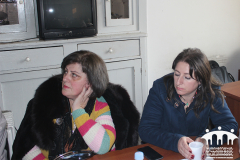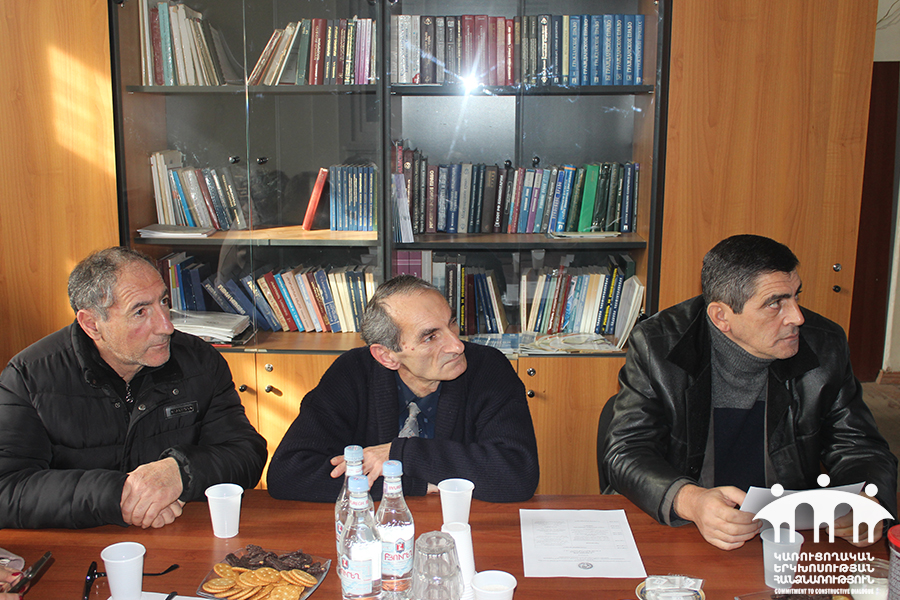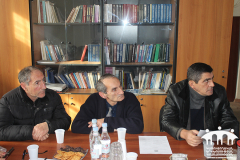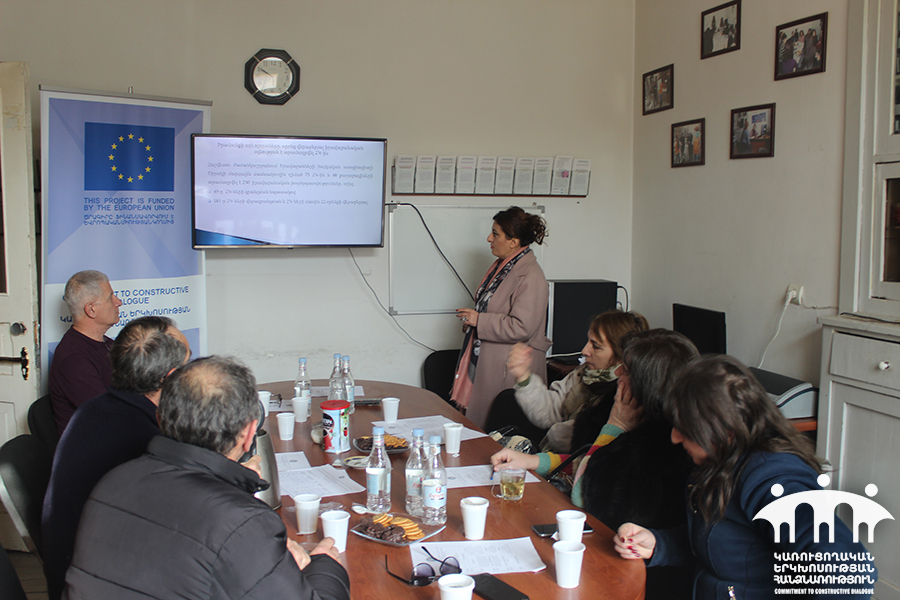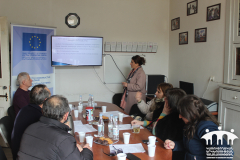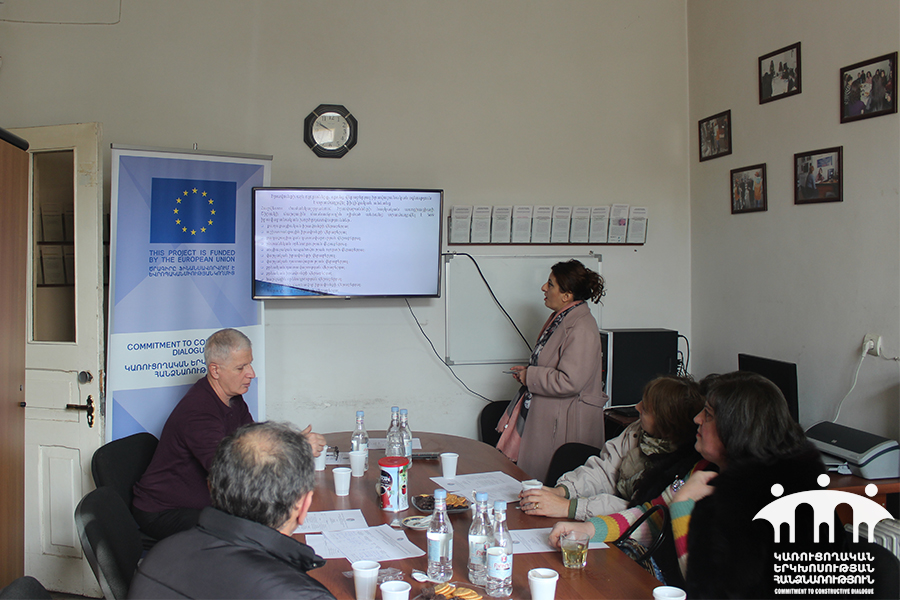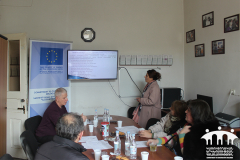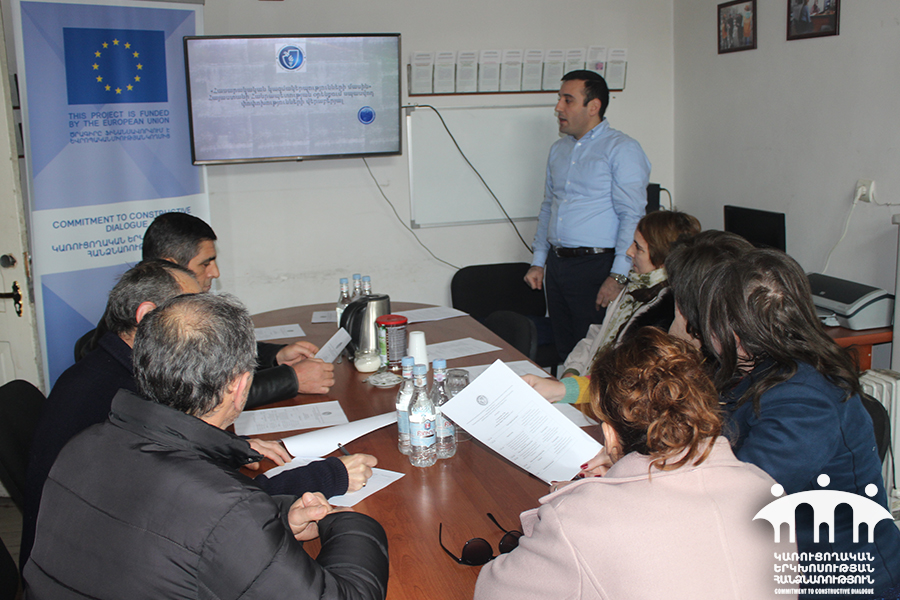
On 27 December, 2019, Shirak Regional Branch of the ALA hosted the meeting discussion on “Expected amendments to the NGO Law of the Republic of Armenia and the Report on the activities of the ALA Shirak regional Branch in 2019”. 10 representatives of Shirak Marz NGOs attended the meeting with a total of 10 participants attended the meeting. The registration form for the event is available here.
During the discussion, Mr. Artyom Mesropyan, CSO Development Programs Coordinator of the Armenian Lawyers’ Association, presented a comprehensive information, on the amendments to the Law of the Republic of Armenia on Non-Governmental Organizations and the proposed amendments thereto. Noting that the draft has been revised and finalized thanks to the effective and constructive work and contribution of the CSO-SRC Working Group, which had been formed for this purpose. Further, the participants referred questions to the reporter on the new standards for reporting by NGOs, including new reporting procedures when using public funds.
Further, Ms Lusine Mosoyan, a volunteer of the ALA Shirak regional branch presented the report on the activities of the ALA Shirak Regional Branch for 2019, referring to the legal and other assistance provided by the branch to NGOs, SMEs and individuals, information resources and the ALA’s Implementation Projects including the large-scale work carried out in the framework of the EU funded “Commitment to Constructive Dialogue” project.
At the end of the discussion, the participants emphasized the importance of such meetings, taking into account the fact that the RA Law on Non-Governmental Organizations is the main legislative act regulating their daily activities; therefore it is important to be properly informed about the expected legislative changes, as well as the activities in the regions. They also noted the fact that NGOs operating in the regions are not involved in legislative drafting processes fully and often lack a comprehensive understanding of the proposed changes.



